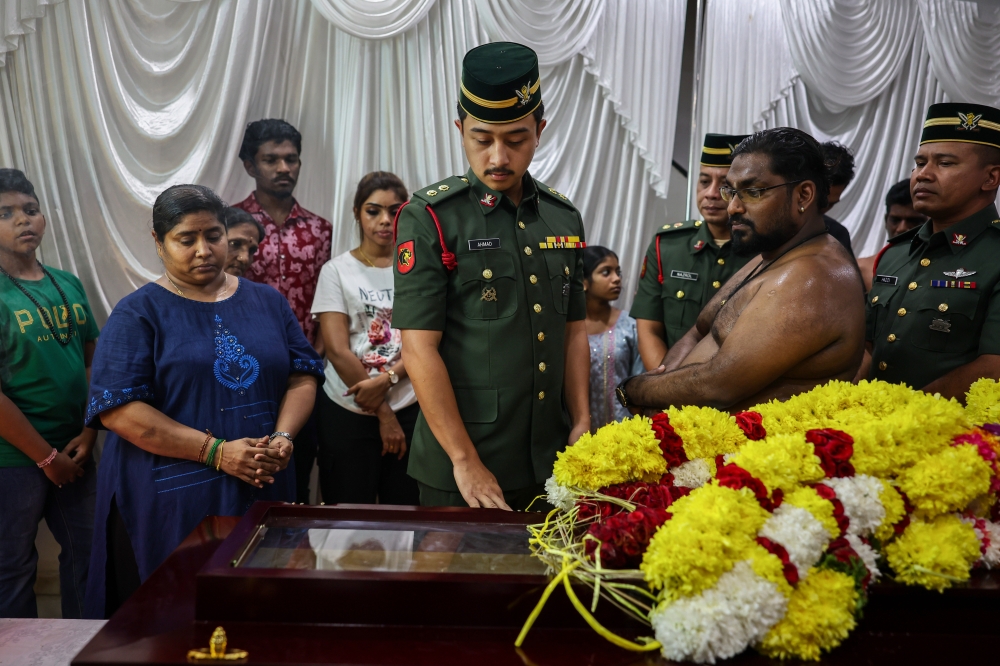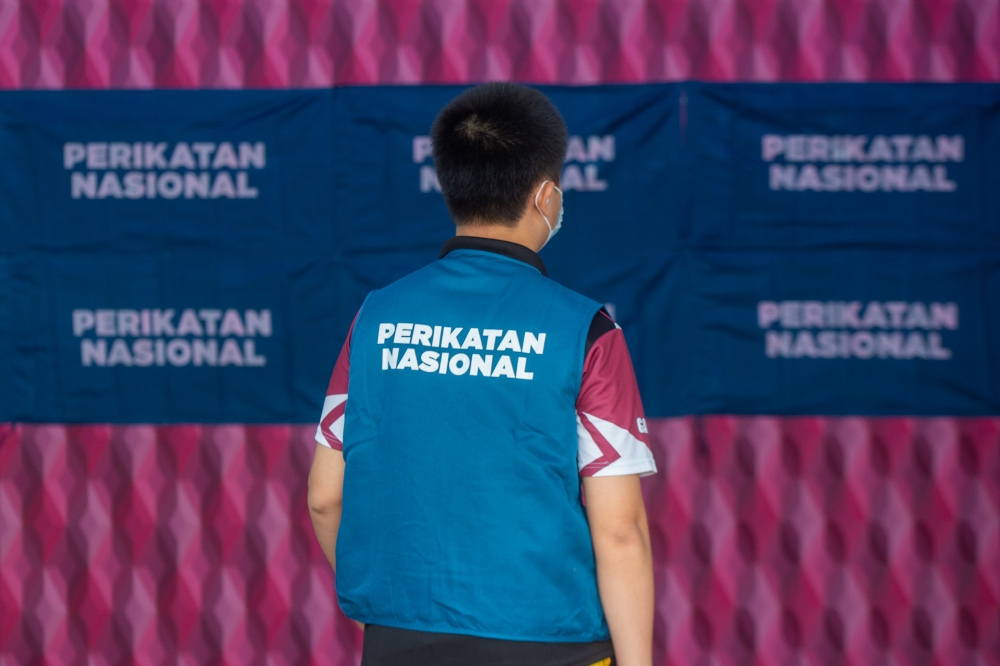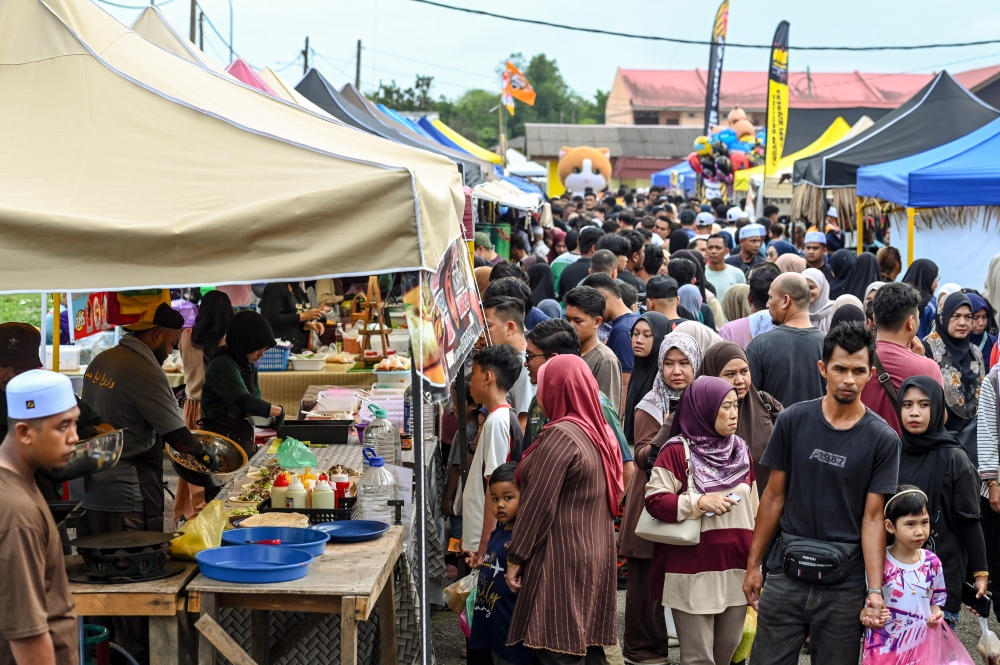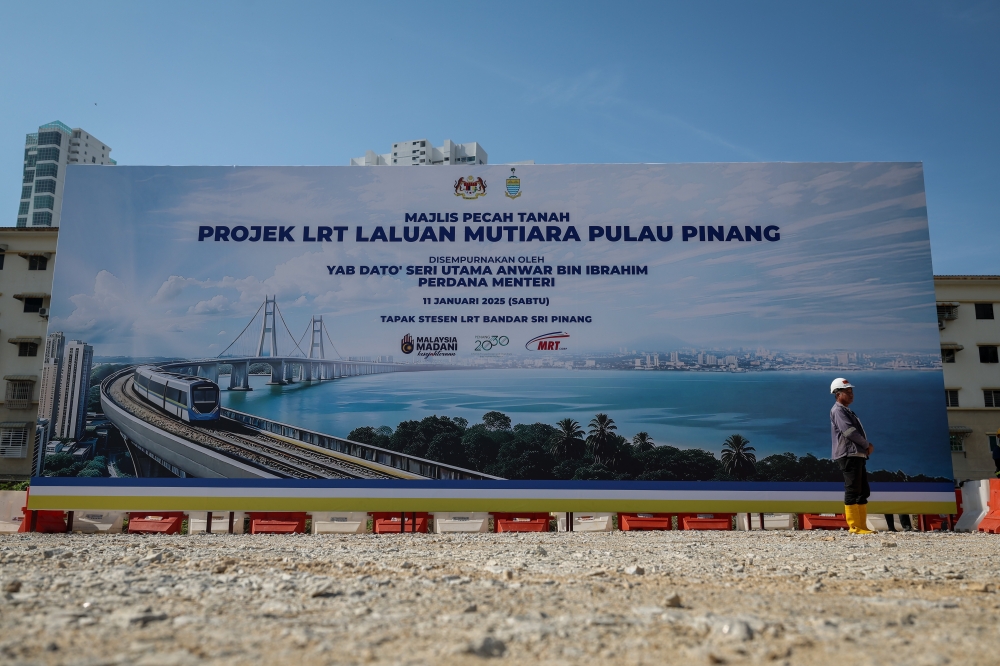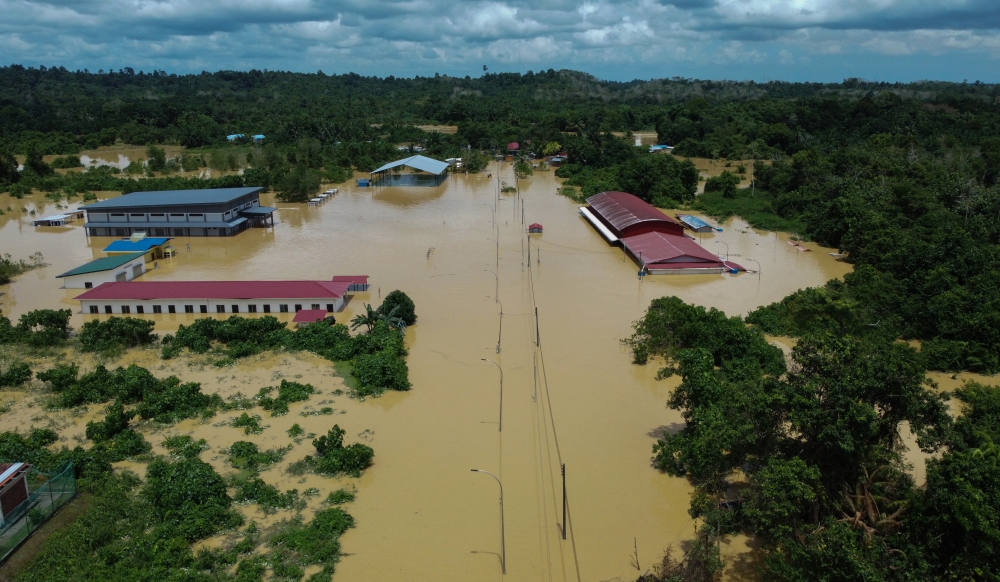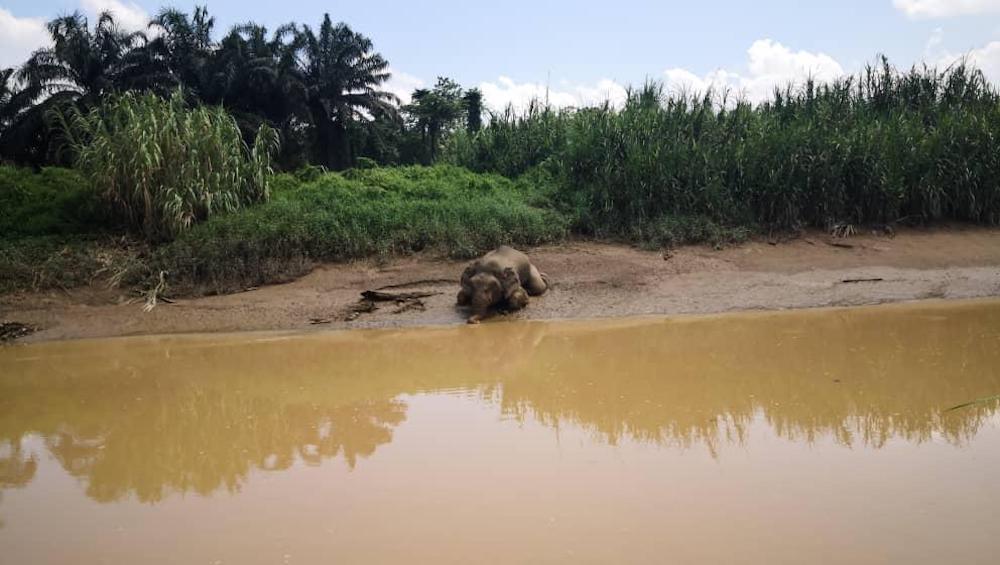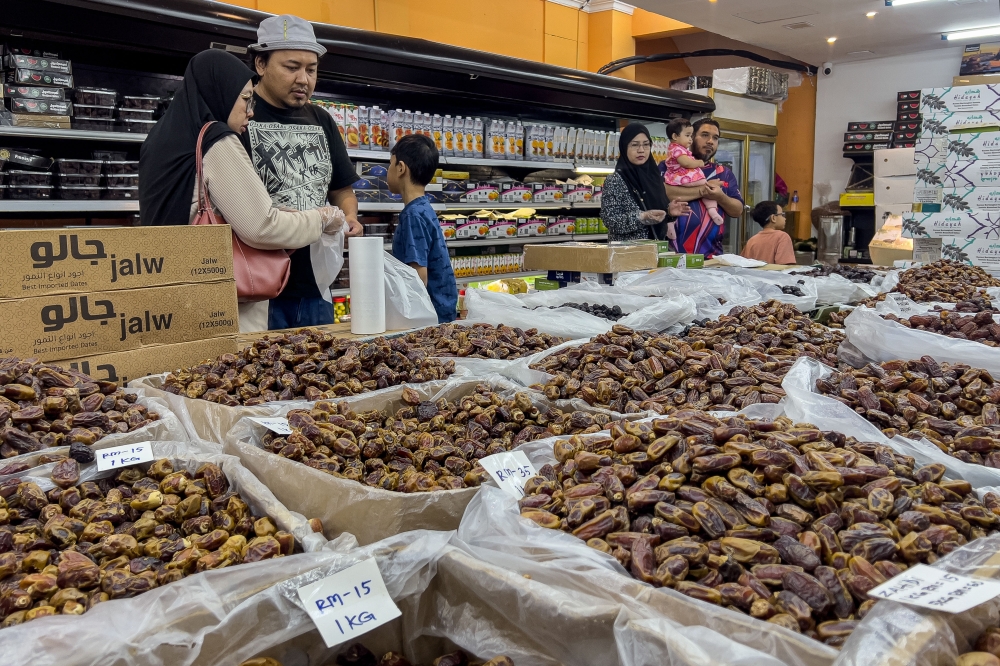KOTA KINABALU, Oct 3 — Sabah Chief Minister Datuk Seri Mohd Shafie Apdal today warned plantation and timber concession owners to protect wildlife after it emerged that plantation guards are the main suspects in the recent killing of an endangered pygmy elephant.
Shafie said it was very distressing to discover that an elephant protected by state laws was killed by perpetrators, some of whom the police said worked in a Federal Land Development Authority (Felda) estate.
“This selfish act for personal gain is hurting Sabah’s reputation as a responsible producer of timber and palm oil.
“It distresses me to find out that the perpetrators of this crime are employees of a plantation conglomerate. The sustainability of Sabah’s plantations will no doubt be tainted by this one act of cruelty for personal gain.
“Plantation owners and smallholders have been repeatedly advised on handling such problems, including calling in the Wildlife Department to help carry out control of elephant-human conflict,” he said.
Shafie said that there was no excuse in killing an animal, and the incident should not have happened.
“I am told that this is the first time elephant poachers have been arrested although such crimes have been going on for years. For too long, criminals have exploited Sabah’s rich wildlife for the illegal trade,” he said.
Shafie said wildlife in Sabah was as precious a commodity just like timber and palm oil, and a major part of its tourism draw, which is among the top three industry revenue earners of the state.
“Sabah and private industries have invested so much into wildlife conservation that I refuse to allow exceptions for rogue members of society to commit this crime not just against wildlife but also against Sabahans who depend on the export of sustainable timber and palm oil.
“Sabah will make an example of the perpetrators in custody to send a clear message to poachers; you will face the full force of the law that protects Sabah’s wildlife if you dare continue illegal activities,” he said.
He warned plantations and industry players to do their due diligence in ensuring staff hired are properly educated and made aware of the importance of wildlife protection and abiding by the law.
Mohd Shafie said all major plantations, as well as smallholders, must take every step necessary to protect wildlife by ensuring staff are properly briefed on how to handle human-wildlife conflict.
Six suspects, among them a Felda settler, a hired worker and an illegal immigrant were today remanded in court over the killing of an elephant that was found with 70 bullet wounds from close range and his tusks sawn off.
The incident has sparked outrage among the public and conservation groups due to the cruel nature of the killing.
In a separate statement, the WWF-Malaysia expressed concerns that numerous incidences of wildlife crime in Sabah have gone unresolved over the years, heavily impacting the survival of many of Sabah’s unique wildlife species.
WWF-Malaysia proposed a wildlife crime bureau to work with police to specifically handle such incidents.
“As organised wildlife crimes evolve, we too must evolve in order to effectively tackle it. The time to set up a wildlife crime bureau is now so that we can confront organised wildlife crimes in a systematic and consistent manner,” said WWF-Malaysia’s Conservation Director, Henry Chan.
He said that such a unit would be parked under the jurisdiction of the Royal Malaysian Police that will allow for a streamlining of information, effective data collection and crime analysis, adequate training on intelligence sharing as well as support for wildlife officers in states across Malaysia.


